Are we experiencing wellbeing burnout?
While the idea of ‘wellbeing’ is supposed to help us move away from destructive behaviours and move toward a healthier, happier version of ourselves – the commercialisation of what makes us well could be doing the opposite.
Wellness is a $4.2 trillion global industry and it seems there is constantly new products and practices coming into the spotlight. The answers to all our problems come in the form of silk pillowcases, easy-to-prepare food boxes, 'the perfect razor'.
Some of these products even add new language to our lexicon, things we didn't even know we had to consider. Before dating apps, for example, no one had "dating goals" they were figuring out. Prior to the American proliferation of the so-called “10 Step Korean Skin Care Routine”, we did not liken washing our face to a regimented schedule.
And it's not all talk, the buzz terms demand action – Do you have a healthy morning routine? Do you use a chemical or physical sunscreen? Are you eating enough fermented foods for your gut health? Do you pack the rainbow for lunch? Are you stimulating your scalp? Do you have dry and flaky nails? Is your mind staying active with word games and online puzzles? How many hours have you got your screen time down to? Do you have good ‘sleep hygiene’ before you go to bed?
How do we balance all of these considerations with the overall knowledge that really what we might need is to do less, not more? To take a few things off the to-do list, rather than put more on?
The idea of ‘wellness’ became mainstream in the 1980s, with practitioners from the US combining ideas from traditional practices in India, Africa and Indigenous peoples. Unfortunately, the context of many of these practices has been lost and replaced with a one-size-fits-all approach to health. Ayurveda, for example “focuses on harmony between the body, mind, and spirit, taking into account that each person is unique and should have a regimen tailored to the individual person.”
Instead of these holistic approaches to overall health, interpreted and made specific for individuals, we are being sold out-of-the-box solutions that might actually be doing more harm than good. A lot of standardised approaches to wellbeing, which we are now being pushed from all angles, have been created by corporations to sell products. The idea of “hitting 10,000 steps a day”, for example, was invented by a clock company to sell pedometers ahead of the Tokyo Olympics. Even government-endorsed Food Pyramids have been influenced by industry lobbyists to sell more meat and dairy.
Recent reports show that the relentless pursuit for wellbeing is actually keeping us from being well. Misinformation on social media platforms is adding to societal pressure to ‘appear well’. This is obviously counter-intuitive to avoiding further stress, anxiety and burnout. To quieten the noise of wellbeing messaging, we now need to make a conscious choice to resist the clutter. To allow oneself to rest has become a radical act of self compassion.
The simple things that are proven to improve our physical and mental health - meditation, gratitude, laughter, time spent outdoors, helping others - are not profitable. And therefore, will not be pushed on you by corporations. We need to pick and choose from nature’s care plan and hold onto what works for our unique selves.
A freeing realisation is that - there are no rules. Listen to your body. See what you can notice when you slow down, and respond to that. What makes you feel good? It might be a gentle walk instead of a high-intensity fitness class, a hug instead of an expensive smoothie, or the gift of a quiet afternoon following your own rhythms. Instead of accumulating more things, invest in a visit to the bathhouse, taking yourself to a film or simply a day off to do nothing at all.
Words by Hannah Bambra.
References
Wellness Decolonized: The History of Wellness
The Wellness Industry Isn't Making You Well
The 10 Step Korean Skin Care Routine Isn’t Real
Further reading/ listening
Wellness Decolonized: The History of Wellness, Journal of Mental Health Counselling
The Wellness Industry Isn't Making You Well, Caroline Rothstein
In an age of productivity, is rest a radical act? Life Matters
The 10 Step Korean Skin Care Routine Isn’t Real, The Monodist
The radical history of self-care, Lenora E. Houseworth

